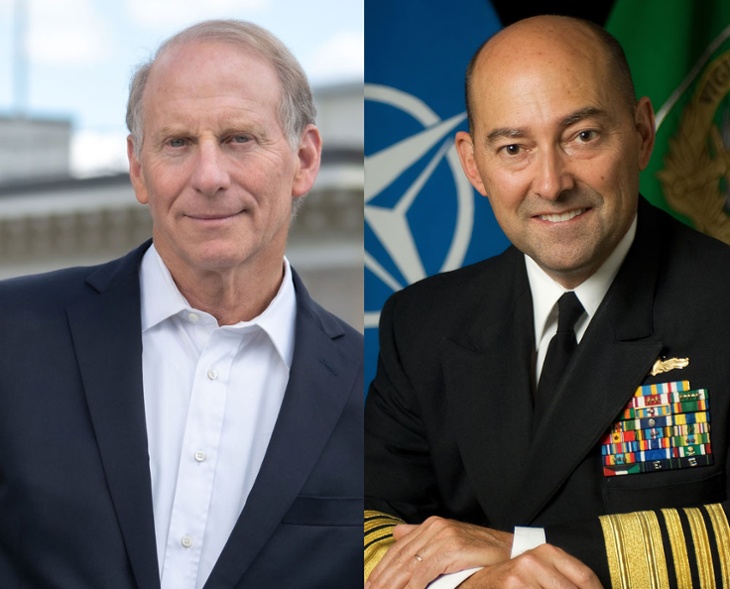
December 29, 2021 | Paul Richardson

It is pretty difficult not to look at our world today and pithily conclude that “it is a mess.” Aside from the Russian troop buildup in Ukraine, there is the standoff over Hong Kong, incipient wars in the Horn of Africa, major instability in Venezuela, Iraq and Afghanistan, civil wars in Syria, Yemen, and South Sudan, and potential confrontations between the US and Iran and between the US and China.
And then we can throw into the mix the variables of a global pandemic, terrorism, climate cancer, and natural resource scarcity.
 It would seem a time ripe for US leadership, for a new, internationalist, “sink or swim together” worldview. But, as Richard Haass (pictured, right), president of the Council on Foreign Relations, wrote recently, that seems unlikely. US foreign policy beginning with at least the Obama administration, he says, seems to be guided instead by a “rejection of internationalism.”
It would seem a time ripe for US leadership, for a new, internationalist, “sink or swim together” worldview. But, as Richard Haass (pictured, right), president of the Council on Foreign Relations, wrote recently, that seems unlikely. US foreign policy beginning with at least the Obama administration, he says, seems to be guided instead by a “rejection of internationalism.”
Since the end of the Cold War, Haass writes, Washington has “lacked the creativity and ambition that characterized US foreign policy in the wake of World War II… Despite its unmatched power, the United States did little to address the widening gap between global challenges and the institutions meant to contend with them… The word that comes to mind in assessing U.S. foreign policy after the Cold War is ‘squander.’ The United States missed its best chance to update the system that had successfully waged the Cold War for a new era defined by new challenges and new rivalries.”
Circling back to Russia’s troop buildup on its border with Ukraine, this may be the most tangible new challenge in a rivalry that has been heating up over the past decade.
 As James R. Stavridis (pictured, left), a retired four-star Navy admiral who served as the supreme allied commander at NATO, said recently, “Vladimir Putin has invaded two democratic neighbors in just over a decade. Letting him do it a third time would set the global system back decades. Appeasement does not work any better now than it worked for Neville Chamberlain in the late 1930s.” Stravridis proposed that there are at least four specific ways to deter Putin.
As James R. Stavridis (pictured, left), a retired four-star Navy admiral who served as the supreme allied commander at NATO, said recently, “Vladimir Putin has invaded two democratic neighbors in just over a decade. Letting him do it a third time would set the global system back decades. Appeasement does not work any better now than it worked for Neville Chamberlain in the late 1930s.” Stravridis proposed that there are at least four specific ways to deter Putin.
But will Washington step up and do what is necessary to keep the Russia-Ukraine crisis from escalating? Will US policymakers re-center on the reality that an increasingly complex world requires more engagement and creativity, more diplomacy, more attention? Will nations ally to combat the growing threats of climate change, pandemic, terrorism, and resource scarcity? Or will the age-old focus on narrow, nationalist goals continue to hold sway?
These are the sort of questions we should be constantly grappling with, asking one another about, asking our political leaders about. And so the fact that Festival Boca will be hosting both Richard Haass and James Stavridis on March 7 for a discussion of global events is both timely and important.
Buy books by Festival authors, past and present, at our Festival Bookshop on bookshop.org and not only do you support independent booksellers, but help Festival Boca, which gets a modest commission on all referred sales.